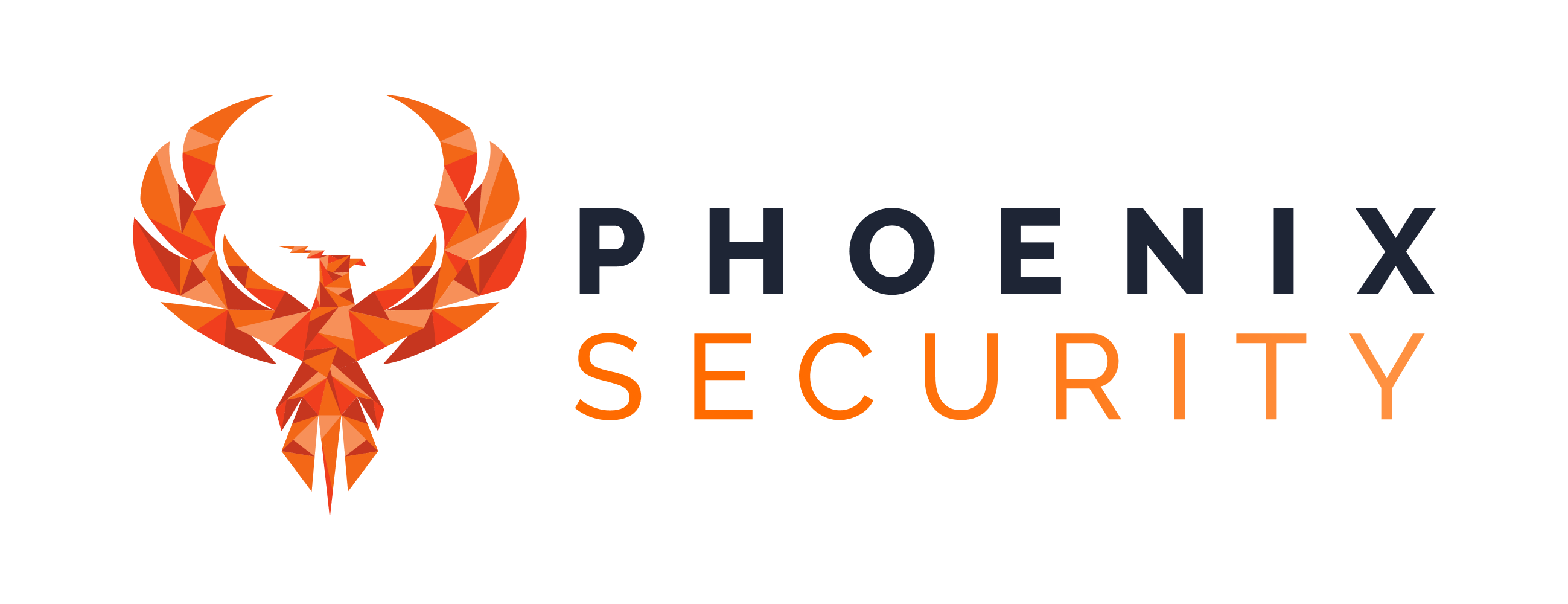Security risk management is the process of identifying, assessing, and prioritizing potential risks to an organization’s assets, and implementing measures to mitigate or eliminate those risks.
An effective security risk management strategy is essential for any organization that wants to protect itself against threats and ensure the security of its assets.
Importance of a Risk Management Strategy
An effective security risk management strategy is essential for any organization that wants to protect itself against threats and ensure the security of its assets. Without a strong security risk management strategy in place, an organization is vulnerable to a range of threats, including data breaches, cyber attacks, and physical security breaches. These threats can have serious consequences, including financial loss, reputational damage, and legal liabilities.
An effective security risk management strategy helps organizations identify, assess, and prioritize potential risks to their assets. This includes conducting regular security assessments, implementing strong security policies and procedures, and training employees on how to identify and mitigate security risks. By taking a proactive approach to security risk management, organizations can reduce the likelihood of a breach or attack occurring and minimize the impact if one does occur.
Risk Management Strategy: Benefits
There are several benefits to having an effective security risk management strategy in place. Here are seven of the most important ones:
#1: Improved compliance
One of the key benefits of an effective security risk management strategy is that it helps organizations meet regulatory requirements and avoid fines and penalties.
Many industries have specific security regulations that organizations must follow, and an effective security risk management strategy ensures that these regulations are being met.
#2: Reduced risk of data breaches and cyber attacks
Cyber threats are an ever-present risk for businesses, and an effective security risk management strategy helps protect against these threats.
This includes measures such as regular security assessments, employee training on cybersecurity best practices, and the implementation of strong password policies and two-factor authentication.
#3: Improved customer trust and confidence
Customers are more likely to trust and do business with organizations that have a strong security risk management strategy in place. By demonstrating a commitment to security, businesses can build trust with their customers and reduce the risk of losing them due to security concerns.
#4: Improved reputation
A security breach can have a devastating impact on an organization’s reputation. By implementing an effective security risk management strategy, businesses can minimize the risk of a breach and protect their reputation.
#5: Increased efficiency
A well-designed security risk management strategy can streamline processes and improve efficiency within an organization. By identifying and eliminating potential security risks, businesses can reduce the amount of time and resources spent on addressing these issues.
#6: Improved risk assessment and decision-making
An effective security risk management strategy helps organizations assess and prioritize risks, allowing them to make more informed decisions about which risks to address first. This helps organizations allocate their resources more effectively and ensure that they are addressing the most pressing security risks.
#7: Improved ability to adapt and respond to change
A dynamic security risk management strategy helps organizations be more agile and responsive to changing threats and circumstances. By regularly reviewing and updating their security risk management strategy, businesses can ensure that they are prepared to respond to new risks as they arise.
Phoenix Security — The Most Effective Solution!
There are several reasons why Phoenix Security may be a good fit for certain organizations:
Comprehensive threat analysis: The Phoenix Security platform analyzes data from multiple sources and contextualizes, correlates, and prioritizes potential threats, providing a comprehensive view of an organization’s security posture.
Customized risk management plans: By understanding the specific needs and challenges of an organization, the Phoenix Security platform is able to develop customized risk management plans that address the most pressing threats.
User-friendly interface: The Phoenix Security platform has a user-friendly interface that is easy to navigate, making it accessible to users of all skill levels.
Expert support: The Phoenix Security team is made up of experts in cybersecurity, meaning organizations can rely on their expertise and guidance to help them navigate the ever-changing landscape of cyber threats.
Conclusion
In conclusion, an effective security risk management strategy is essential for any organization that wants to protect itself against threats and ensure the security of its assets. From improved compliance and reduced risk of data breaches, to improved customer trust and reputation, the benefits of an effective security risk management strategy are numerous.
It is important for businesses to regularly review and update their security risk management strategy to ensure that it is effective and responsive to changing threats and circumstances.














